HASS
Research
Our research projects
Explore our research projects - either aligned to their research area or within the interdisciplinary research theme they fall under.
In the College of Humanities, Arts and Social Sciences, we support world-leading areas of research and invest in new areas of research to uncover new knowledge, deliver real-world impact and improve our teaching, curriculum and student experience. Our research spans studies in creative and performing arts, history, archaeology and geography, Indigenous studies as well as language, literature, culture and society.
Our interdisciplinary research extends beyond boundaries of knowledge and lets us work collaboratively, inspired by our foundational research themes Deep Pasts, Heritage and Environment, Inequality and Posthumanities.
Projects by research area
Ranked at world standard
for Sociology, Film, Television and Digital Media, Literary Studies, Archaeology, Historical Studies, Philosophy
ERA 2018 Outcomes, Flinders University
No. 46 in the world
for Archaeology
QS World University Rankings by Subject 2021
Ranked above world standard
for Research in Performing Arts and Creative Writing
ERA 2018 Outcomes, Flinders University
ASSEMBLAGE
Centre for Creative Arts
Assemblage is Flinders University’s research centre for artistic enquiry and art creation.
It is the meeting point of art and science, health, technology, engineering, industry and community. We embrace new technologies and ambitious collaborations to dissolve perceived barriers between artforms, disciplines and areas of research to uncover boundless possibilities.
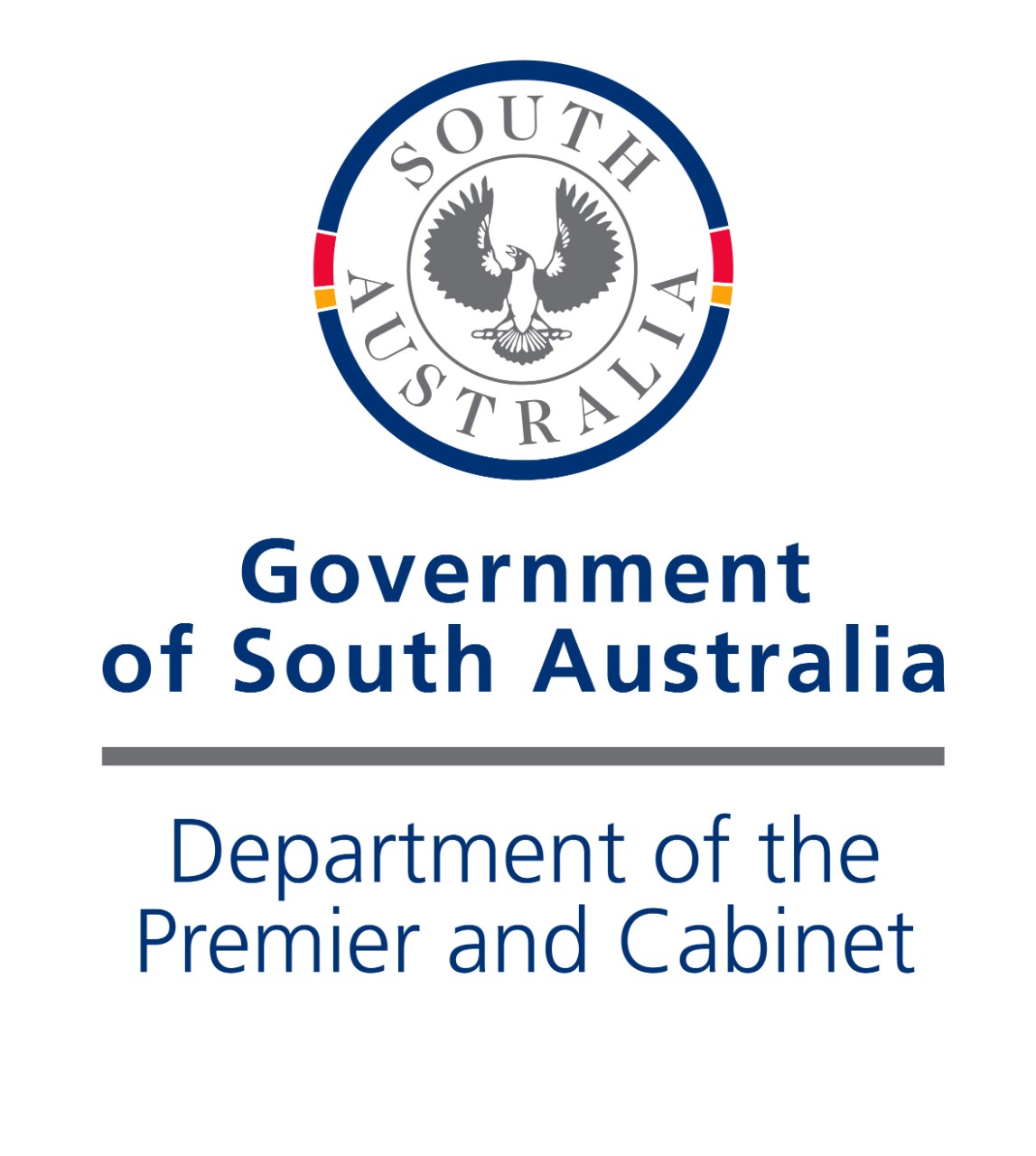
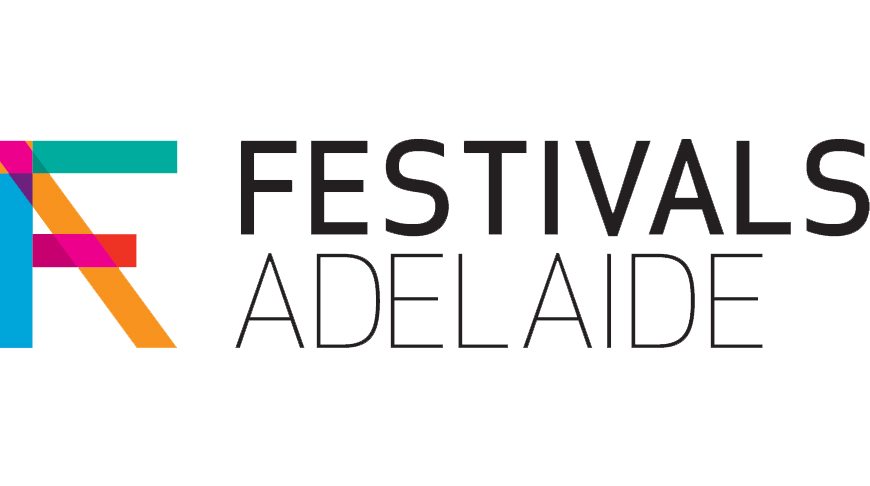
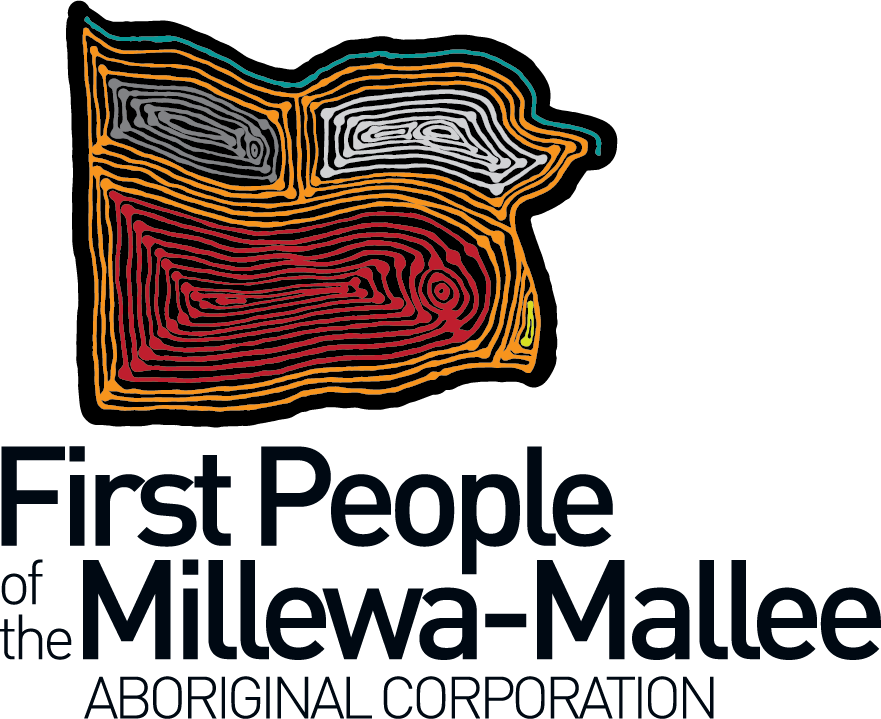



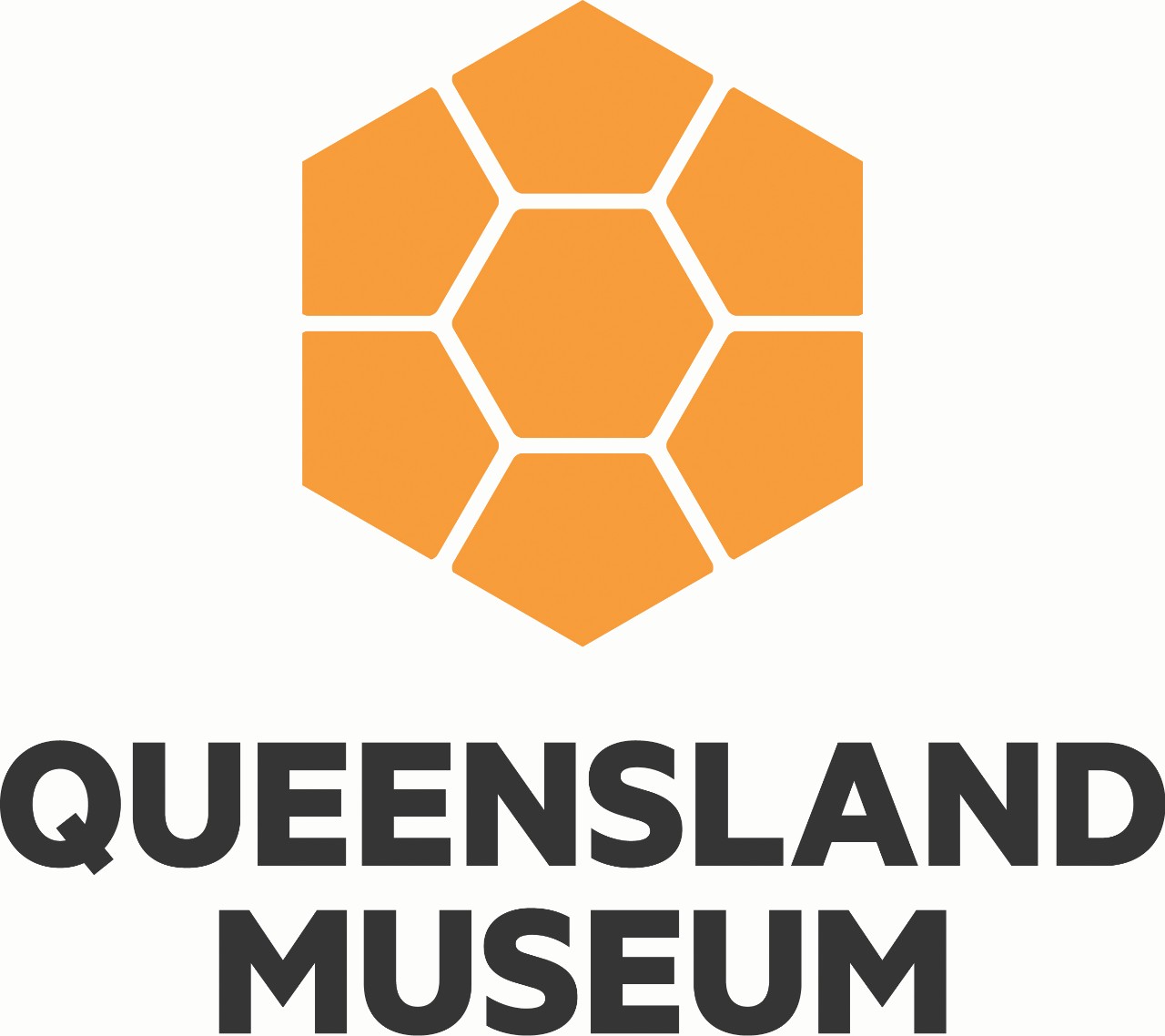
PhD and Honours opportunities
Fine tune your research, in any area you're interested in with a PhD or Honours degree at Flinders… study what you're interested in, or explore amazing opportunities such as:
PhD projects that explore subjects as diverse as gender equality, new media and technology, contemporary screen culture, motion capture, global culture, colonial history and more.
Honours research projects across a wide range of interests, including festivals and the human experience, German imperialism or the culture of food in space. Some Honours projects include paid bursary opportunities up to $5,000.00 each.
Find out more about your research possibilities, and study with us.
![]()
Sturt Rd, Bedford Park
South Australia 5042
South Australia | Northern Territory
Global | Online
CRICOS Provider: 00114A TEQSA Provider ID: PRV12097 TEQSA category: Australian University












